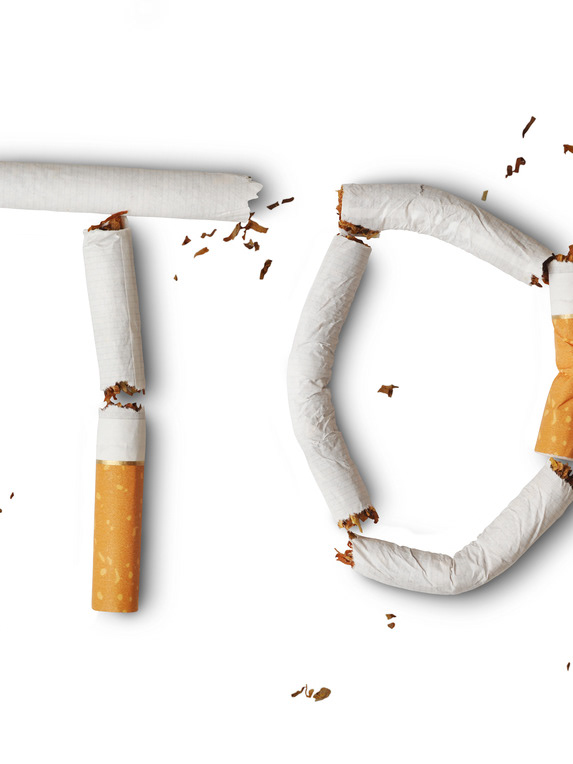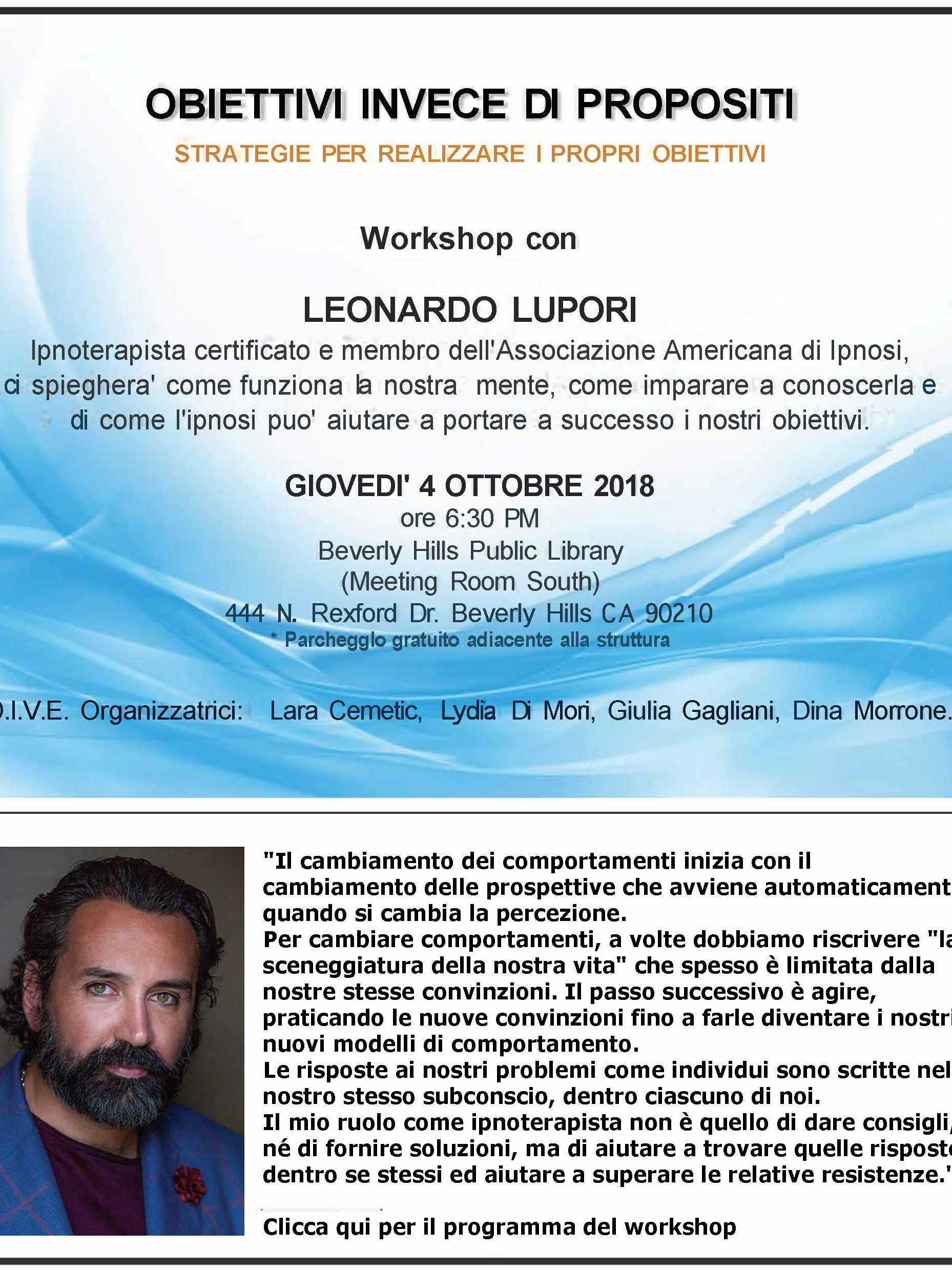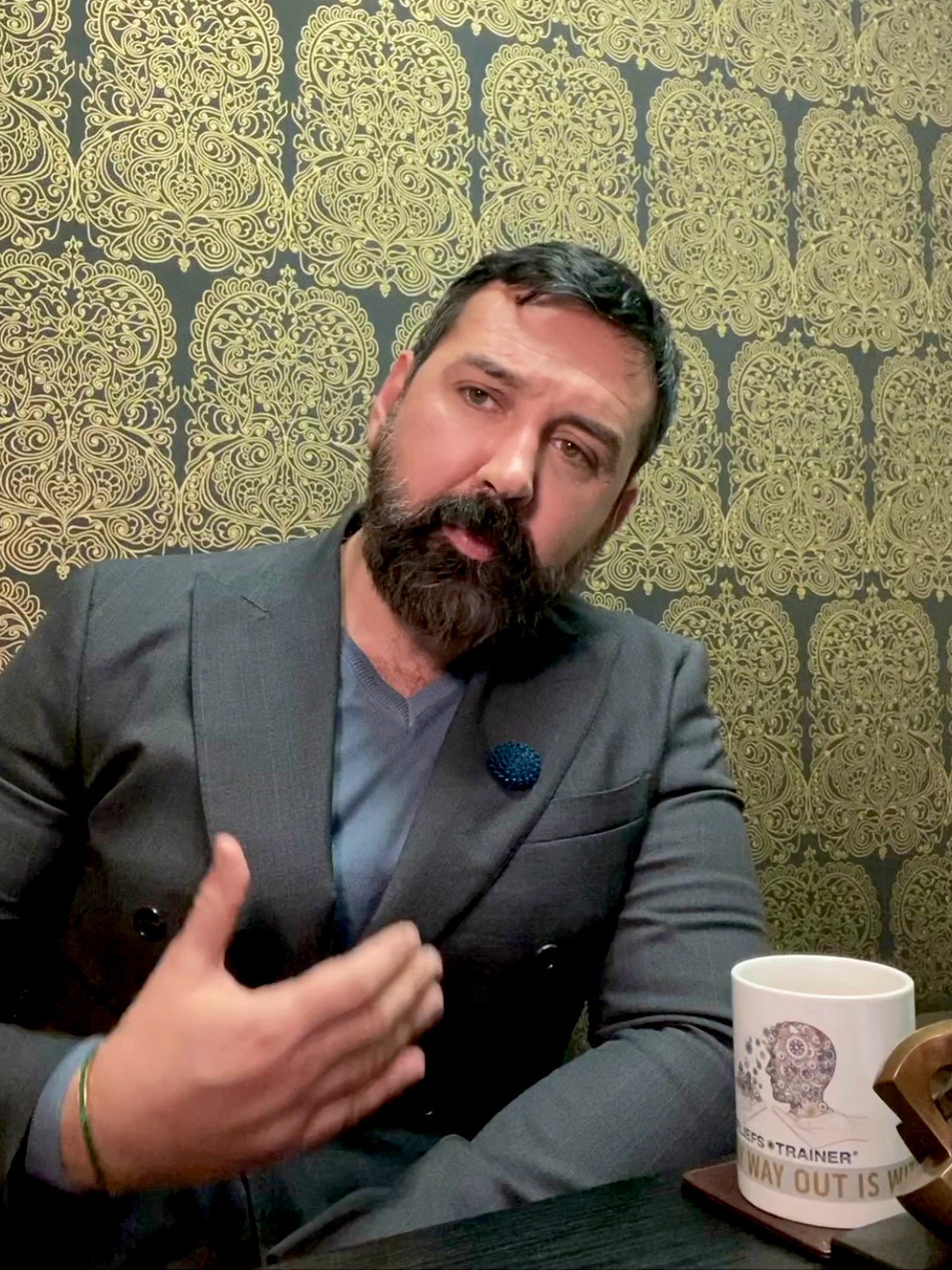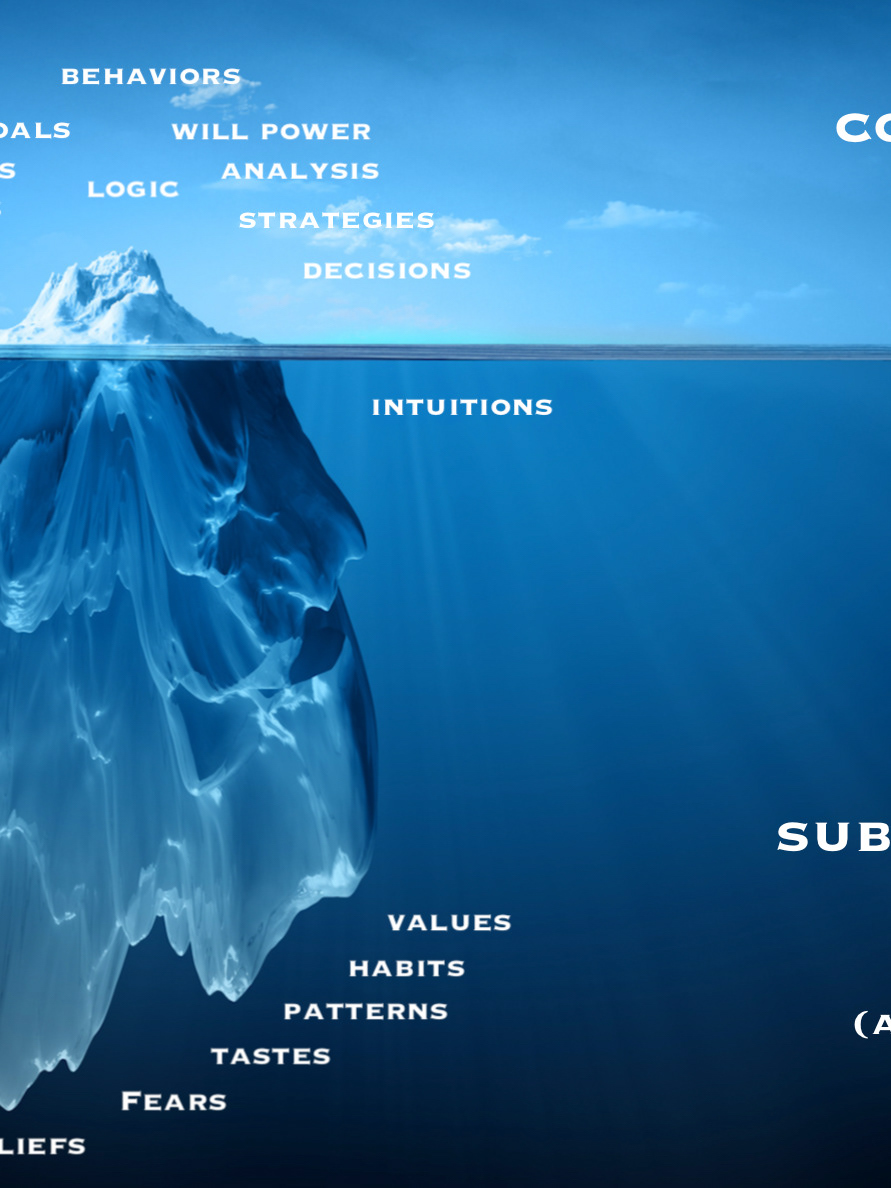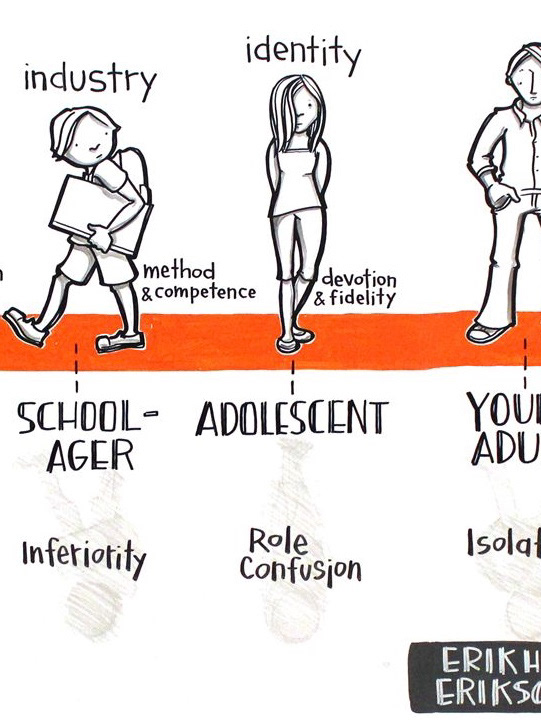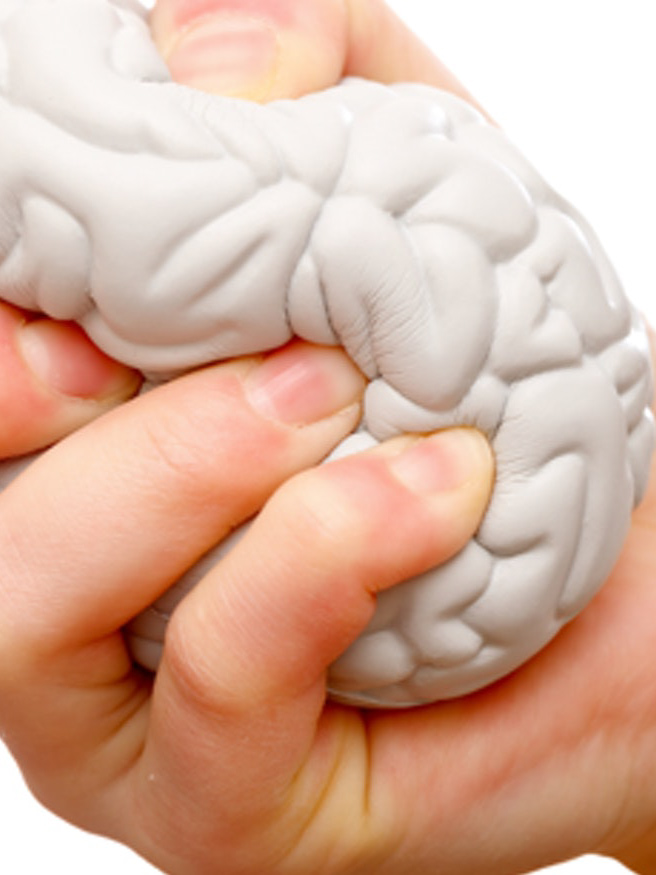I wonder if you may be one of those people who feel they can’t settle for less than perfection, and perhaps feel you may as well not even try if you can’t do something perfectly?
THE CHALLENGE OF PERFECTIONISM
When we have a goal of perfection, we will automatically feel inadequate, because we can’t reach such a goal. Perfectionism often leads to procrastination, because it’s a struggle to allow yourself to be vulnerable, to be imperfect to the others’ eyes. So, to some perfectionists, it’s better to postpone and procrastinate than to deliver a project that is not perfect. Sometimes, it is just a matter of rephrasing, and changing semantics and it can change a non-perfect unsatisfactory performance suddenly into an excellent, satisfactory achievement. Because the truth is, the number of mistakes is not what defines the quality of a human being.
THE UNWORTHY EFFECT OF CRITICISM
The other side of the coin is criticism. When you set a high standard for yourself such as “perfect” you have a defined idea of what is “right” and “wrong.”
WHAT HAPPENS TO CHILDREN WHO ARE CRITICIZED
The only thing young children can do to survive is attaching themselves emotionally to people who will take care of them. Feeling unworthy of attachment, as criticized young children are apt to feel, can seem like life or death. So, they try to control the great pain of criticism by turning it into self-criticism—because self-inflicted pain is better than unpredictable rejection by loved ones. By early adolescence, such children begin to “identify with the aggressor”—emulating the more powerful criticizer. By late adolescence, their self-criticism expands to criticism of others. By young adulthood, it appears to have shifted entirely to criticism of others. However, most critical people remain primarily self-critical.
THE COMMON ELEMENT BETWEEN CRITICISM AND PERFECTIONISM
People affected by criticism and perfectionism share a perspective: both are looking at what is “wrong or what was missing” rather than what is “right or what was accomplished.”
HOW MY TECHNIQUES CAN HELP
When treating these aspects of the personality, we are dealing with lack of self-esteem. Hypnotherapy and Psych-K can help to shift beliefs, and you can learn how to turn down that self-critical voice inside your head that constantly tells you that is not good enough.



